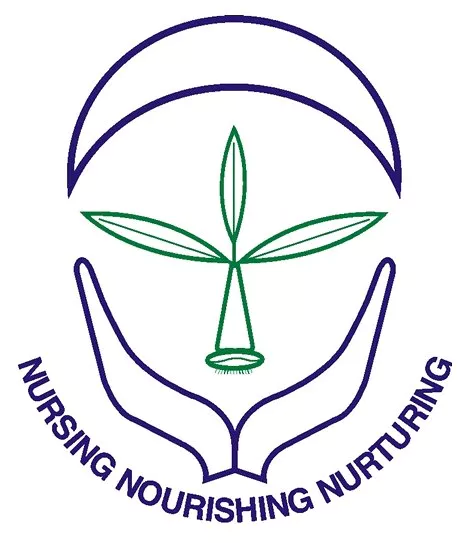Zinc
Role of Nutrient
Zinc is an essential component of various enzyme systems for energy production, protein synthesis, and growth regulation. It plays a key role in the formation of pigment Which has critical effect on fruit coloring.Crops and Soils Susceptible to Zinc Deficiency
Cereal crops, especially maize (corn), and fruit trees are most commonly susceptible to zinc deficiency. This is of commercial importance in fruit trees like apple, pear, peach, citrus and grape. Other crops susceptible to zinc deficiency include bean, pecan, tomato, cotton, olive and rubber. Also in intensive wetland rice cultures zinc deficiency is problematic. Zinc has to be applied to most high productive crops and soilless media for productive and economic growth.Zinc is often deficient in high phosphate soils and in alkaline and calcareous soils, e.g. coastal and geological shell sands. Prone to deficiency are also highly leached acid sand soils and soils derived from granite as parent rock material. Although zinc might be present it can be immobilized in soils containing a high organic matter content, e.g. (acid) peat soils, and in clay soils with low silicon and magnesium contents. High iron concentrations can have a competitive effect on zinc availability.Effects of Deficiency
Disturbance of respiration, photosynthesis and protein synthesis. Plants fail in production of growth hormone “Auxin”Symptoms of Zinc (Zn) deficiency:
- Symptoms appear in young leaves since zinc can not be
mobilized from old to new tissue
- Dwarf growth: short internodes (rosetting) and small leaves
(“little leaf disease”)
- In Maize and Rice yellowish-white striping occurs in the
lower half of the leaves.
- In citrus yellowish interveinal areas develop (mottle leaf).
Twigs die back and fruit quality and quantity is reduced
- Chlorotic symptoms are similar to Mn or Fe deficiency, and
can be necrotic in final stage.
Boost Your Crop Productivity Today!
Explore our range of high-quality specialty fertilizers and plant nutrients to enhance your crop quality and yield.
